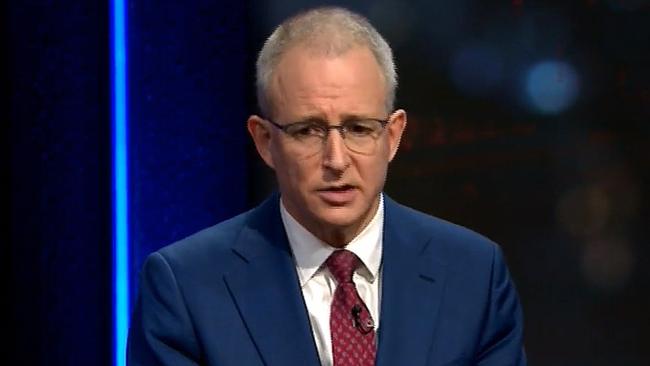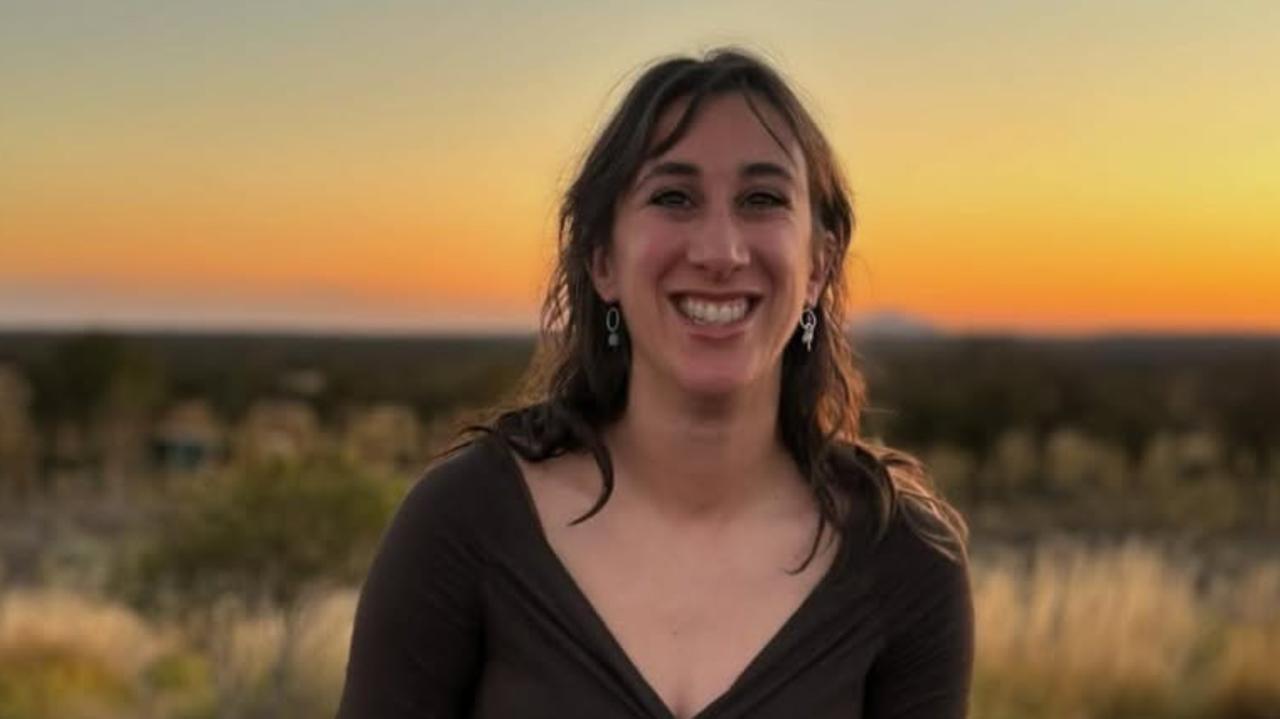ABC’s QandA: Paul Fletcher defends COVID-19 arts lifeline
Monday night’s QandA focused on Victoria’s spike in COVID-19 cases, the decimated arts industry, ALP branch stacking and claims of sexual harassment in the High Court.

Filling in for Hamish Macdonald, guest host Virgina Trioli led the Monday night’s QandA discussion on Victoria’s spike in COVID-19 cases, the decimated arts industry, branch stacking in the Labor Party and claims of sexual harassment in the High Court.
Addressing the increase of cases in his electorate, Labor NDIS spokesman Bill Shorten suggested that the large family gatherings that have caused Victoria’s worsening coronavirus crisis show a lack of public health information readily available in different languages.
“We have quite a multicultural community. I know what we’re seeing is family gatherings, the particular sort of transmission spot,” Mr Shorten said.
“I had someone else reach out to me today and say in the Public Housing Commission, the high-rise flats, we need more material in more languages so people can understand what they need to do so there’s less panic and confusion.”
Communications and Arts Minister Paul Fletcher said public health advice needs to be provided in a way that “reflects the nature of modern Australia”.
“We’re an extremely diverse multicultural nation,” he said.
“There is a significant focus on getting those health messages into all of the relevant languages used in our community. This is a continuing effort.”
The COVIDSafe app came under fire, but Mr Fletcher argued it has allowed for contact tracing to occur faster, despite only picking up one of 116 cases last week.
“It’s designed to supplement the work of our state and territory health officials who do the physical tracing,” he said.
Staying in the line of fire, Mr Fletcher defended the $250 million package designed to restart the creative economy after it was referred to as a potential “funding disaster” due to the lack of “peer assessment, transparency and oversight” in a question asked via videolink.
“Of course, we’ll be drawing on the advice of the Australia Council (of the Arts). I’ll be drawing on the advice of my department and we’ll be drawing the advice of this creative economy taskforce,” Mr Fletcher said.
“We want to make sure we’re getting the views not just of the subsidised part of the sector but of businesses which have historically been purely commercial but may need support.
“We’ll be taking advice widely on how we allocate the funding and the decisions we’ve made to date and the package has been based on very wide consultations.”
However, Mr Shorten and singer, producer and songwriter Katie Noonan said the most effective way for the funds to be allocated without being politicised would be to hand the decision back over to the Australia Council.
Pressing Mr Fletcher on the issue, Trioli challenged him on his decision to cap the arts industry even though it is the driver of multiple key parts of the economy.
“The thinking was ‘let’s come up with a substantial amount of money that will restart activity in the arts sector’,” Mr Fletcher said.
“This is a one-time injection of a further $250 million. This will make a difference.”
Noonan pointed out that the JobKeeper package is only supporting 25,000 artists and arts workers, excluding a further 575,000 people.
Chief Executive Women president Sue Morphet said the government’s injection into the entertainment sector has come “far too late” while writer and youth advocate Yasmin Poole accused the JobKeeper payment of discriminating against young people.
“The fact young people in the arts and young people more broadly are still viewed as dependent and under the age of 22 means young people that aren’t relying on their parents’ income may still be ineligible for JobKeeper,” she said.
Whether or not a cut on ABC funding had occurred prompted a fiery debate, with Mr Fletcher adamantly claiming the ABC has “secure funding” which continues to rise annually.
“This is the subject of ABC funding because ABC fact check deems that an adjustment to future spending does not represent a cut when the overall level of spending continues to rise,” he said.
“That’s exactly the situation that we’re in.”
However, Mr Shorten referred to the cut as a “long-term mistake in our national interest”.
Ms Poole argued that COVID-19 has revealed the existing flaws within the current economic system, specifically when it comes to the productivity of women in the workforce and their role in enhancing the economy.
“The actual economic structure is inherently unfair. We need more female leaders to ask necessary feminist questions,” she said.
Ms Poole also argued that Mr Fletcher does not have enough women in his party, and proceeded to deliver her point by giving him tips on how to eliminate the disparity between genders.
“We need gender-disaggregated data around COVID-19 to understand how it’s disproportionately affecting women and a gender-based budget,” she said.
“When we talk about the economic impact of COVID-19, we have to talk about the unpaid work economy and the informal work economy, which women disproportionately make up.”
Branch stacking was the next topic up for discussion, with Mr Shorten saying most people who enter politics “do it for the right reasons”, but noted the footage of the recent scandal in Victoria had shown “things done for all the wrong reasons”.
“We do have to have a full clean-up,” Mr Shorten said.
“This has been done before. It’s frustrating it’s happened again.”
The panellists closed their discussion by dealing with sexual harassment in the workplace in light of the accusations made against former High Court justice Dyson Heydon.
Ms Morphet said every business should enforce a policy of zero tolerance, which was echoed by her fellow panellists.
“We’ve done some research with the Women’s Gender Equity Information Agency and it shows that where we have balanced teams, where we have more women, we have better culture, better understanding and we’ve got places where these sorts of things can be reported,” she said.



